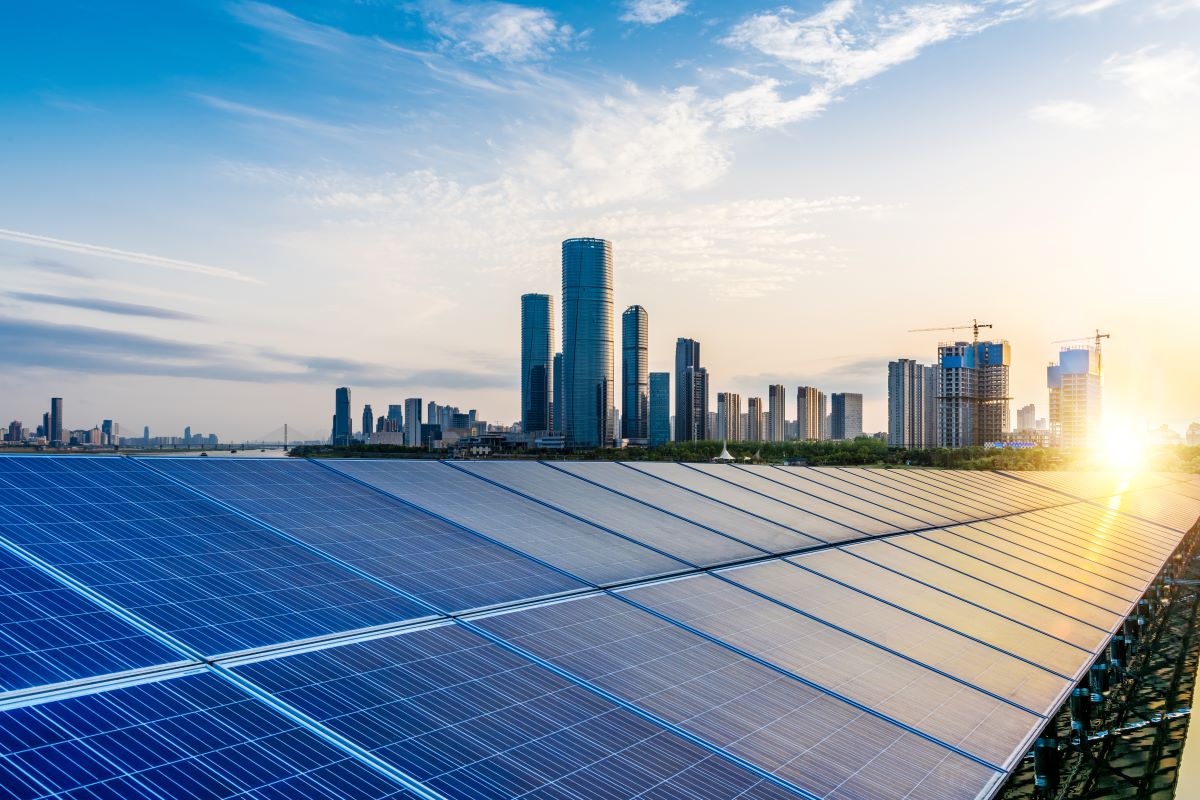South Asian countries such as India, Vietnam and Indonesia are likely to receive funding for new energy infrastructure after the G-7 announced its Partnership for Global Infrastructure and Investment (PGII), member countries announced at the ongoing G-7 Summit. The wealthy democracies will raise $600 bn in private and public funds by 2027, a move that is viewed as a counter to China’s Belt and Road Initiative (BRI).
“I want to be clear. This isn’t aid or charity. It’s an investment that will deliver returns for everyone,” US President Joe Biden said, adding that PGII would allow countries to “see the concrete benefits of partnering with democracies”.
Big moves at G-7 Summit
China’s BRI has often been criticized for indebting countries and is viewed as a geopolitical move by many. The new G-7 fund is an extension of the “Build Back Better World” partnership agreed at last year’s summit, and existing infrastructure investment schemes of member nations will now come under this initiative, along with new projects.
“What we’re doing is fundamentally different because it’s grounded on our shared values of all those representing the countries and organizations behind me,” Biden said at Sunday’s summit.
German Chancellor Olaf Scholz said that the G-7 partners are currently working on Just Energy Transition Partnerships (clean energy) with Indonesia, India, Senegal, and Vietnam.
The fund announced at the ongoing G-7 Summit will focus on climate initiatives, global health, gender equality, and digital infrastructure. Some of the first projects are a $2 bn solar farm investment in Angola, $320 m for hospital construction in Ivory Coast, Africa, and $40 m for promoting regional energy trade in Southeast Asia. The fund will also work on building a vaccine manufacturing facility in Senegal and a submarine telecommunications line connecting Singapore to France via Egypt and the Horn of Africa.
The United States has pledged to contribute $200 bn through grants, federal funds, and private investment, while the European Union has promised $317 bn (300 bn euros) in funds.
The anti-China rhetoric of the fund comes from the statement made by leaders present at the G-7 Summit, where European Commission President Ursula von der Leyen said PGII aimed to present a “positive powerful investment impulse to the world to show our partners in the developing world that they have a choice”.
Back in 2017, the Asian Development Bank had said that developing Asia needs $1.7 tn per year to maintain growth momentum, eradicate poverty and fight climate change.


 Australia
Australia China
China India
India Indonesia
Indonesia Japan
Japan Malaysia
Malaysia Philippines
Philippines Singapore
Singapore South Korea
South Korea Taiwan
Taiwan Thailand
Thailand Vietnam
Vietnam







